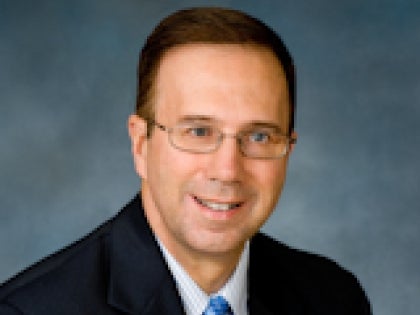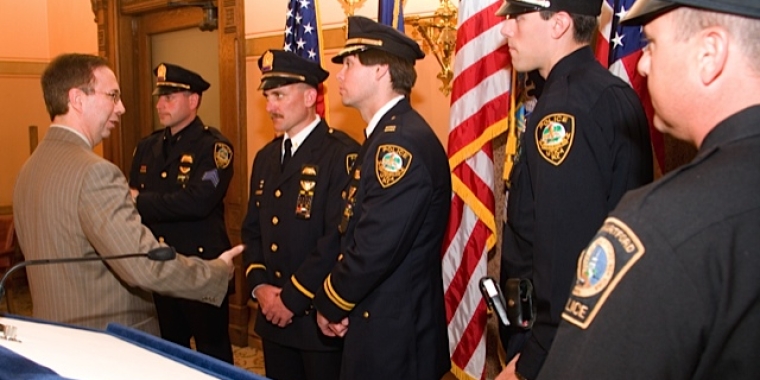
Griffo Writes Local Police About Funds to Combat Heroin
June 13, 2014

UTICA – Joseph A. Griffo wrote to 21 police departments in his Senate district this week, urging them to apply for a grant that would provide training and equipment in the fight against heroin.
Griffo had asked the Office of the Attorney General to extend its deadline for the Community Overdose Prevention (COP) program so that more local departments could apply for funds. The office announced Friday that the new deadline would be Sept. 1, due to popular demand.
“First responders have saved thousands of lives nationwide by administering naloxone to drug users in the midst of opioid overdose,” said Griffo. “In rural areas like ours, police officers are oftentimes the ones who arrive at a distress call first. It’s imperative they have the tools and expertise to temporarily reverse the most harmful effects of overdose before medical help arrives. I thank the attorney general for recognizing how vital this outreach is and making sure all departments had ample opportunity to apply for funds.”
“As we continue to crack down on the heroin abuse epidemic in our state, my office’s Community Overdose Prevention program is designed to equip law enforcement with a powerful tool to help save lives,” said Attorney General Eric Schneiderman. “I thank Senator Griffo for his leadership in encouraging local law enforcement agencies to sign on to this program. It should be our collective goal to help local law enforcement save lives and keep our communities safe.”
COP will reimburse agencies for the cost of providing one full naloxone kit to each officer as well as the cost of training officers in the proper use of the medicine. Each kit consists of two vials of naloxone, two mucosal atomization devices for nasal administration, one pair of latex gloves and a booklet on the use of the drug. A full kit costs about $60 and is good for two years, if kept at room temperature.
The program is funded with $5 million that was forfeited by criminals, mainly during drug busts.
Naloxone is a prescription medicine. It cannot be used to get high and it is not addictive. It’s been widely used in hospitals since receiving FDA approval in 1971.
Griffo is a member of the Joint Task Force on Heroin and Opioid Addiction, which held a series of forums statewide to solicit input on how best to stem the tide of heroin and opioid abuse. The senator held a forum April 15 in Utica, where experts in treatment of addictions, law enforcement and medicine offered recommendations on how to better educate residents about the dangers of opioids, help addicts with recovery and stop the flow of drugs being trafficked through the Mohawk Valley.
The recommendations from all the forums were used to generate a legislative package of 25 bills that would help prevent drug abuse and overdoses; increase the availability and efficacy of addiction treatment; and enhance the tools provided to law enforcement to keep heroin off the streets. The Senate passed 23 of these bills on Monday.
Share this Article or Press Release
Newsroom
Go to Newsroom